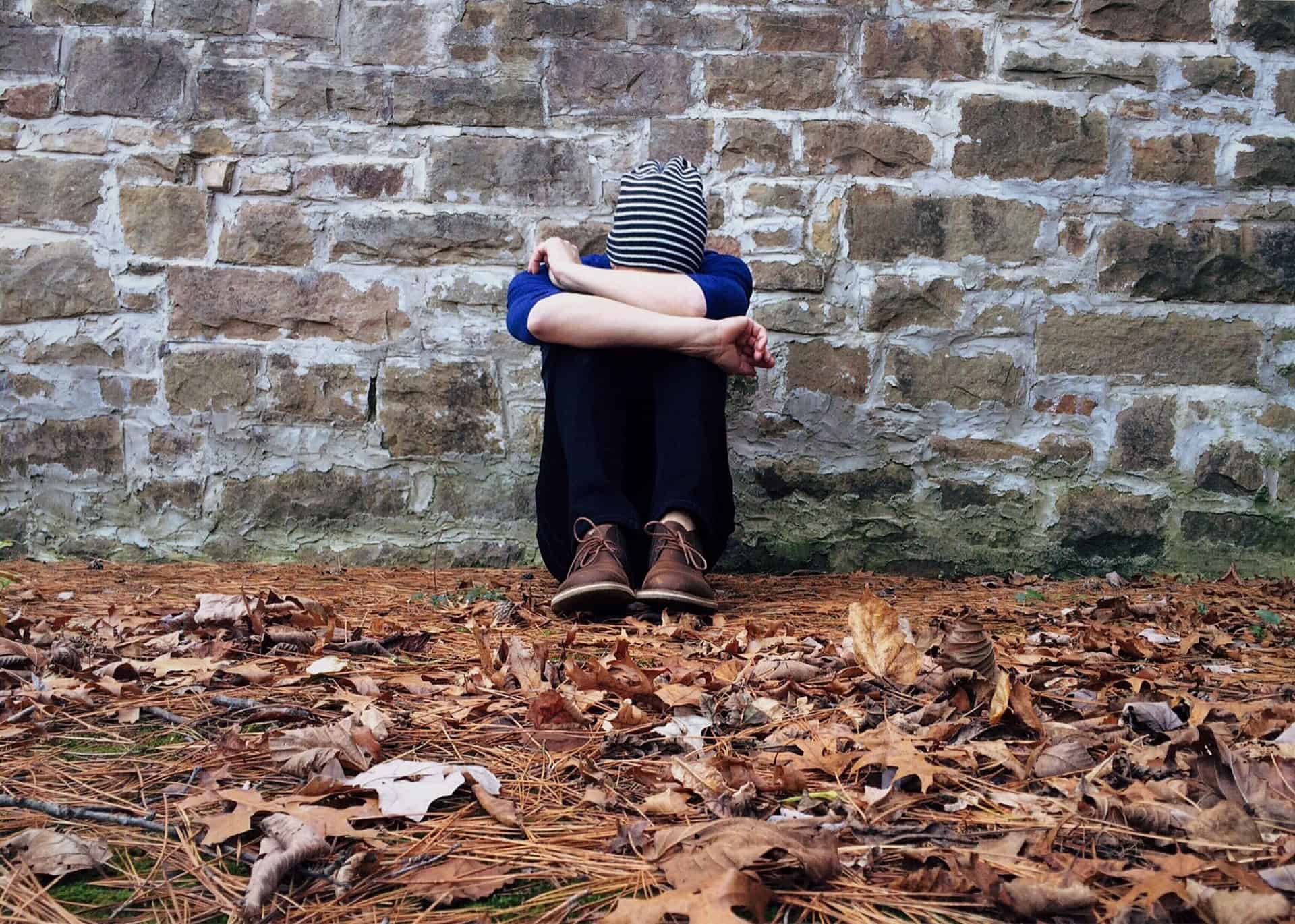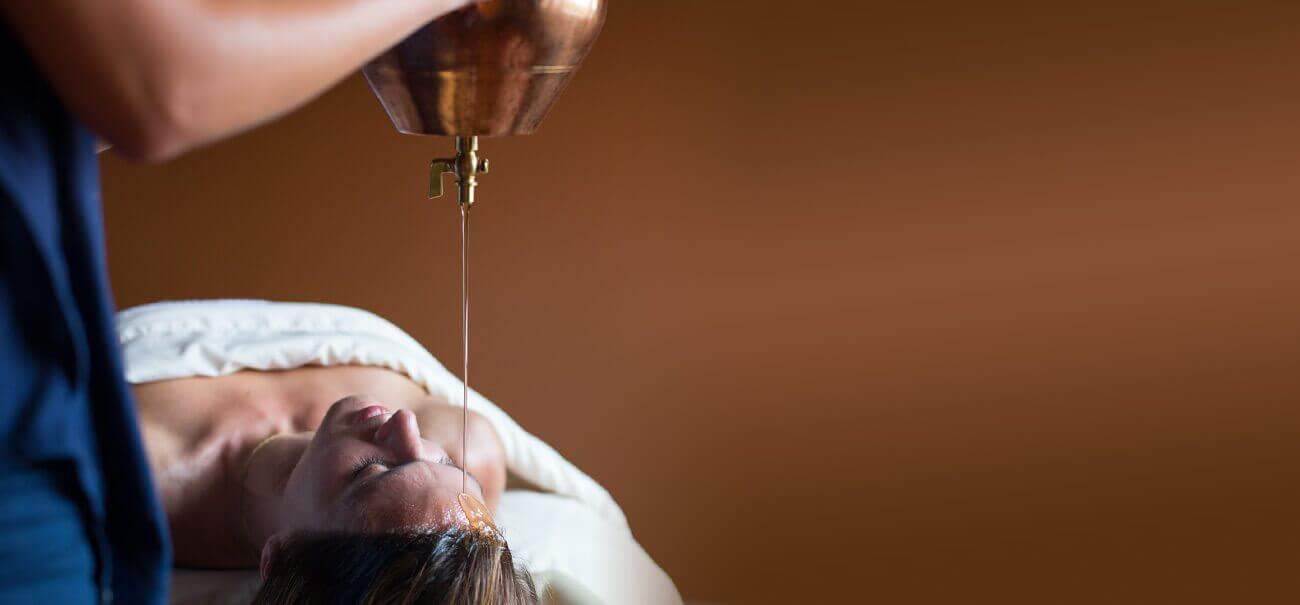View a listing of all our programs, workshops, and events—including our best-selling Happiness Retreat, Silent Meditation Retreat, and Ayurveda Wellness Cleanses.
Order a copy of our latest retreat guide and discover all the ways to relax, renew, and discover inner peace—programs, events, workshops, spa treatments, and more.







